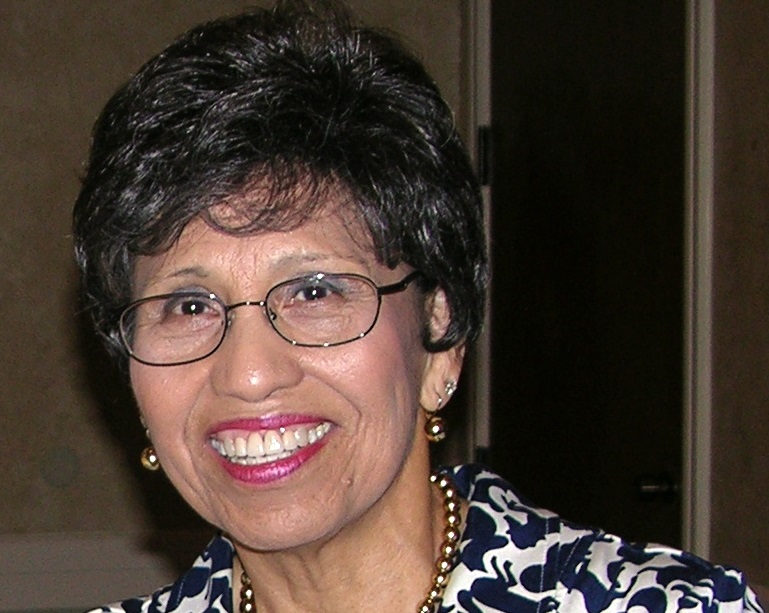
Throughout National Hispanic Heritage Month, the AFL-CIO will be profiling labor leaders and activists to spotlight the diverse contributions Hispanics and Latinos have made to our movement. Today's profile features Linda Chavez-Thompson.
A second-generation American of Mexican descent, Chavez-Thompson grew up in Lubbock, Texas. An oft-told anecdote from her childhood told the story of a young Chavez-Thompson convincing her father that her mother should stay home and care for the household rather than working in the fields. She and her siblings threatened to walk off the job in support of her mother. Her father agreed and Chavez-Thompson got her first organizing victory.
In 1967, she started working as a secretary at the Laborers (LIUNA) local in Lubbock. As the only bilingual staff member, she soon became the union representative for Spanish-speaking LIUNA members. Before long, she was drafting grievances for workers and representing them in administrative proceedings.
Later, she moved to San Antonio and began working with AFSCME. In 1986, she began serving as a national vice president for the Labor Council for Latin American Advancement. Her accomplishments and hard work helped her become an international vice president of AFSCME in 1988, and in 1993, she was elected to serve as a vice president on the AFL-CIO Executive Council. In 1995, she won her election to become the federation's first elected executive vice president. She was the first person of color to hold one of the AFL-CIO's top three positions.
During her time as an AFL-CIO officer, Chavez-Thompson focused heavily on recruitment, particularly trying to convince more women and people of color to join unions. She also focused on teaching the importance of unions to young people. Even more successful were her efforts to partner with community groups in recruiting members and fighting back against anti-union efforts. She represented the federation and working people in a variety of organizations, including the National Interfaith Committee for Worker Justice, the Institute for Women’s Policy Research, the Congressional Hispanic Caucus Institute, the United Way of America and the Democratic National Committee. She also was elected president of the Inter-American Regional Organization of Workers, a part of the International Confederation of Free Trade Unions.
Chavez-Thompson retired from the AFL-CIO in 2007.

